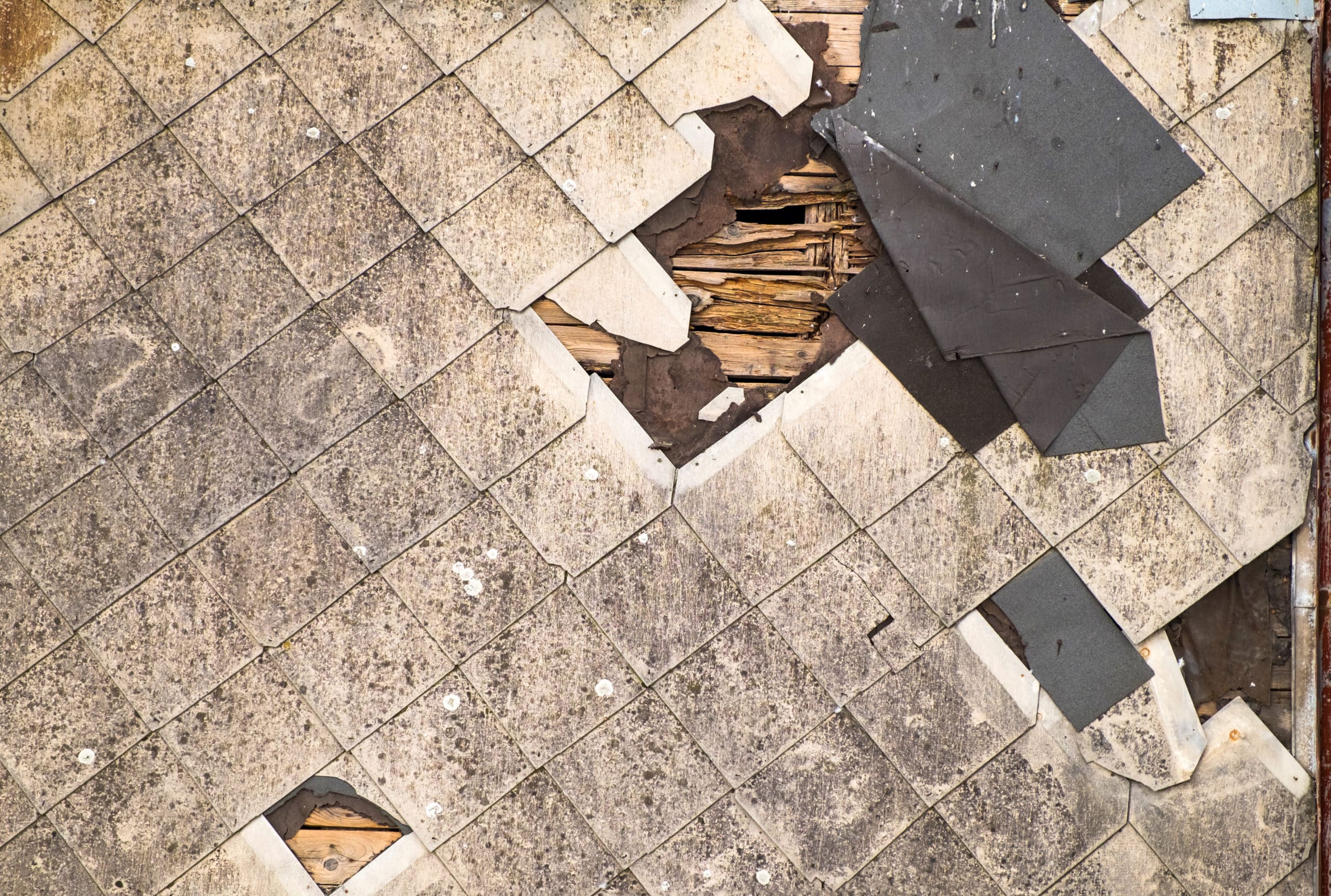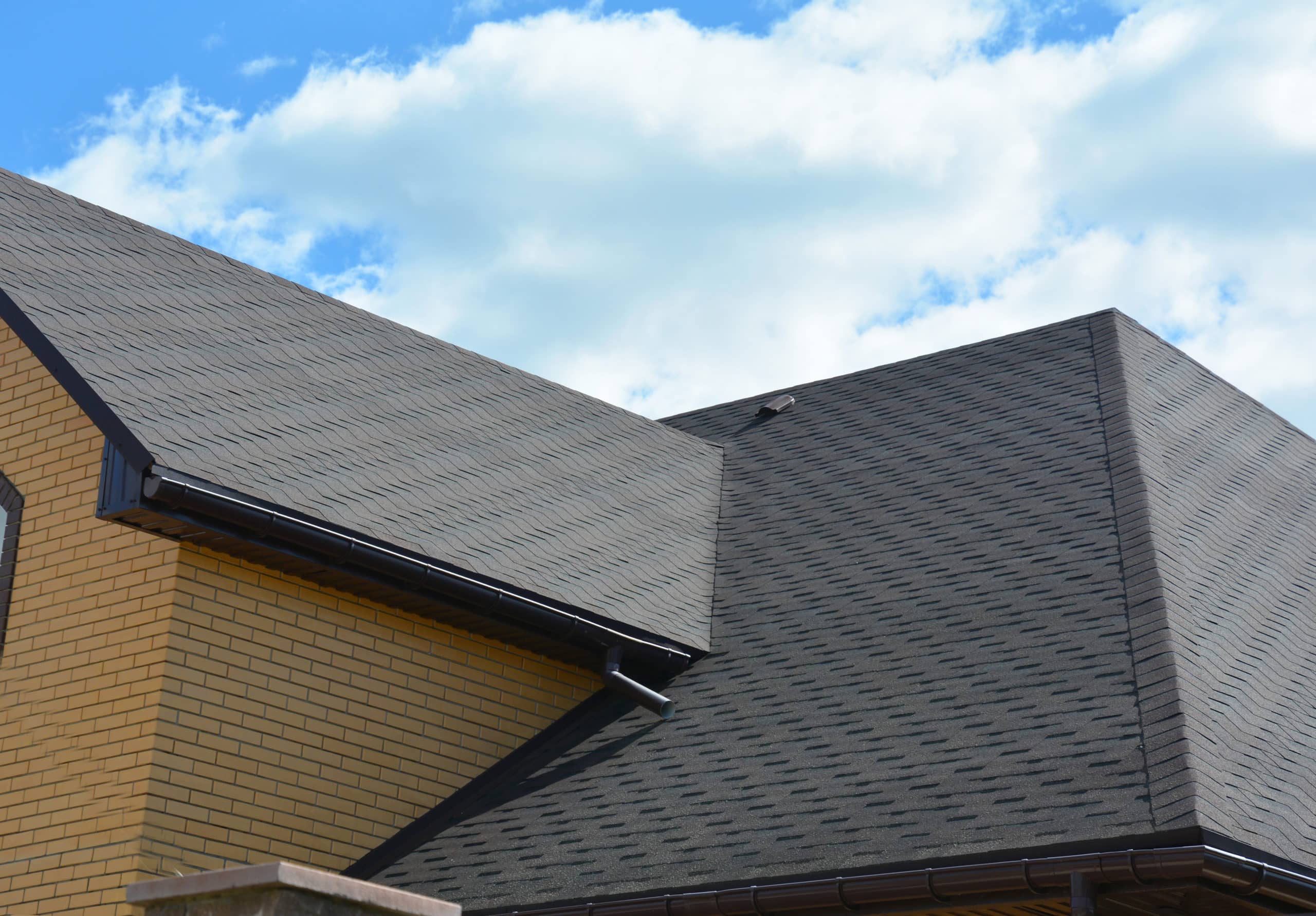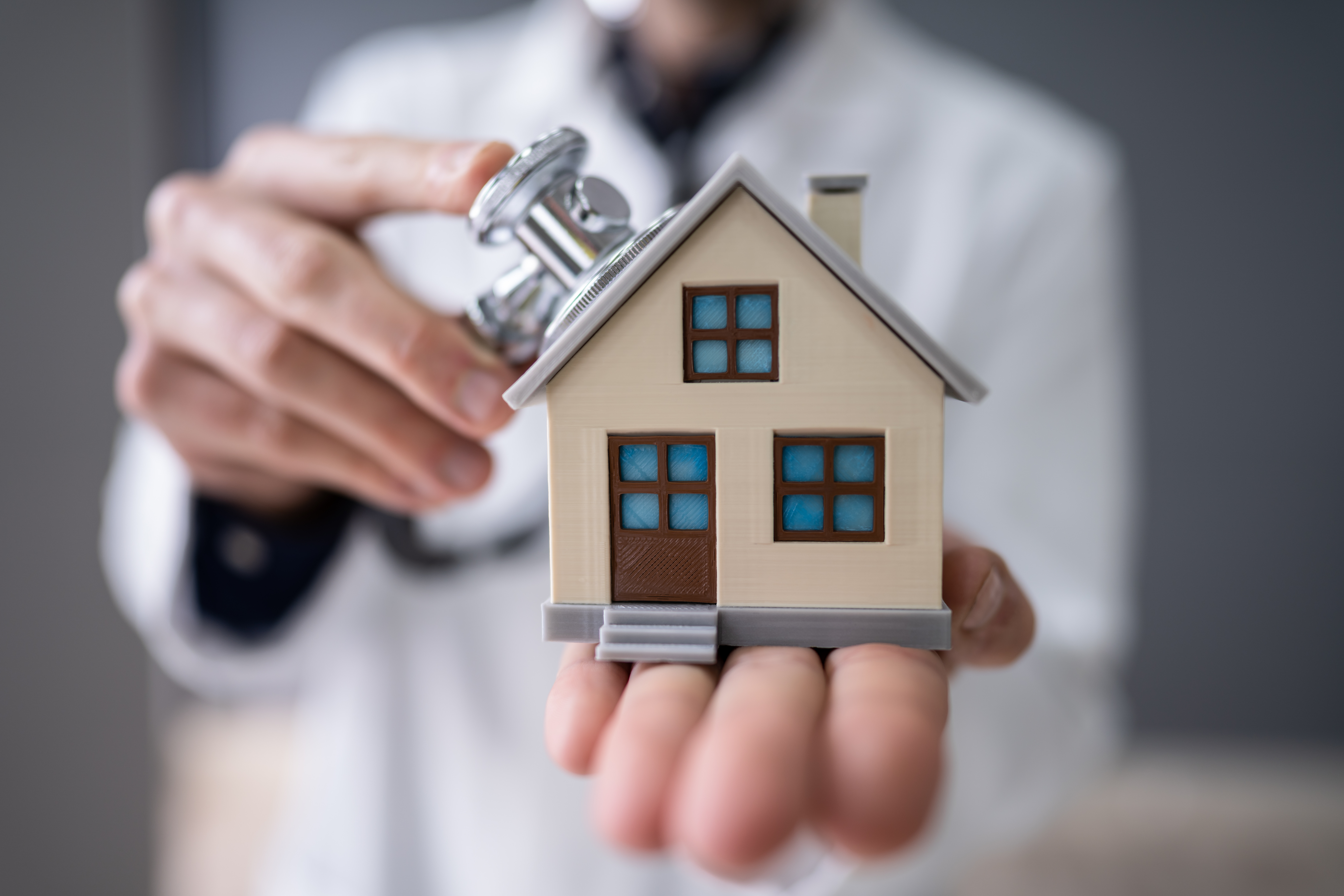There are different types of roofing systems used for commercial premises. Each comes with its share of advantages and disadvantages that you must understand before installing. Here are three of those roofing system types to consider when building.
Flat Types
There are different types of commercial roofing systems categorized into shapes. The first shape is the flat roofing system. These are one of the most popular commercial roofing types because of their modern look and cost-effective nature.
The roofs require fewer materials to construct because they feature fewer square feet. They are quicker and easier to install; hence, they don’t cost a lot in terms of labor. Their cost-effective nature has made these roofs the best choice for commercial roofing.
If you’re wondering if they’re entirely flat, then no! Some flat roofs are not as flat as the name suggests but are a bit pitch to ensure proper water drainage. They have extra space on top for heating and cooling units, patio, garden, and solar panels. Installing solar panels and satellite dishes on a flat roof is easier than doing it in any other roof. The roofs reduce energy and cooling costs. They come with some reflective properties making them the best types of green roof systems. Maintenance and cleaning of these roofs are easy because they are easy to walk on.
But like any other roof, flat roofs also come with their disadvantages, with the most common one being poor drainage. Standing water on the roof can cause degradation. They’re also not suitable for snowfall and high rainfall areas because of the poor drainage issues.
To reduce the magnitude of this issue, commercial roofers install waterproof roofs by using stronger materials like PVC, metal, gravel, and tar. The drains are also located on a proper height to ensure zero padding.
Pitched Roof Types
These roofs are also used alongside low-sloped or flat roofs and are suitable roof types for commercial buildings. The roofs are also known as gable roofs, and you can recognize them with their appealing triangular shapes. These are very affordable roofs common in the United States.
The roofs are stiff enough to ensure liquid and debris can easily roll off hence not subjected to blockage or drainage issues. Gable roofs are easy to maintain and rarely experience mold damage or leaks resulting from water buildup.
Pitched roofs also come with their own share of drawbacks. While the roofs may take quite a couple of years before you see the need for repair, they won’t be easy to maintain and repair when they do. Because of their pitched nature, it’s difficult to move through the roof and transfer roofing materials. They attract increased repair, installation, and maintenance costs because the roofers require extra skill and safety measures.
You will need to hire commercial roofing contractors when it comes to repairs because of the safety concerns. These roof types are not suitable for areas prone to hurricanes or high winds. The roofing materials for gable roofs include asphalt, wood shingles, metals, and clay tiles.
Hip Roofing Systems
Hip roofs are made up of four gently sloping corners of equal length, meeting at the top of the ridge. The roofs are popular for their aesthetically appealing nature and due to their durability and sturdy nature.
If you live in areas that experience a lot of snow and high wind, these are the roofs for you. Their slant shape allows the snow to fall off the roof easily, leaving the roofing material free from any moisture damage. They are made to withstand heavy rains, storm, and high winds with a pitch of 18.5 to 26.5 degrees angle.
Due to their strength and durability, these types of roofs are more expensive than the other two types. They also require complex designs and additional materials for the valleys and seams to complete. However, the roofs are prone to water leaks around the dormers.
Despite being strong and durable enough, these roofs are also subjected to common roof problems. Therefore, they require regular maintenance and repairs. You need to carry out a regular inspection to identify and correct minor issues before they escalate.
Which Types of Roofing Systems Are Suitable for You?
Understanding the types of roofing systems suitable for you will depend on several factors, such as whether you need them for commercial or home use. You also need to take into consideration the climate of your residential area. Never forget the ease of installation, repair, and maintenance.
Sometimes the issue is not about the types of roof you have but the material you choose to use. Whether you’re installing flat roofs or pitched roof types, you must ensure you get the best quality material to serve you longer.
Don’t forget to work with reliable roofing experts in your area to get the best services. Get in touch with us now and let us do your roofing work at very competitive prices.
Add Industrial Roof Coatings to Your Building Maintenance Strategy
Coatings already protect your sensitive interior surfaces, expensive equipment, and even the structural members of your building. Your roof isn’t just “out of sight, out of mind” – it deserves the same level of careful attention. As part of your total maintenance strategy, rooftop coatings can help you achieve your goals in savings, efficiency, and safety facility-wide.





